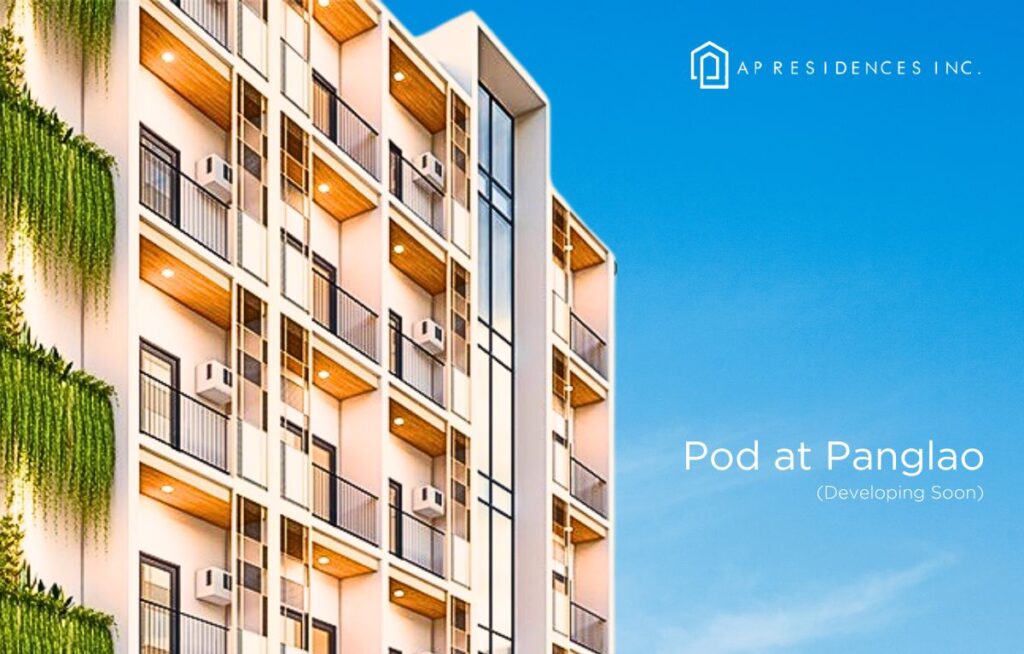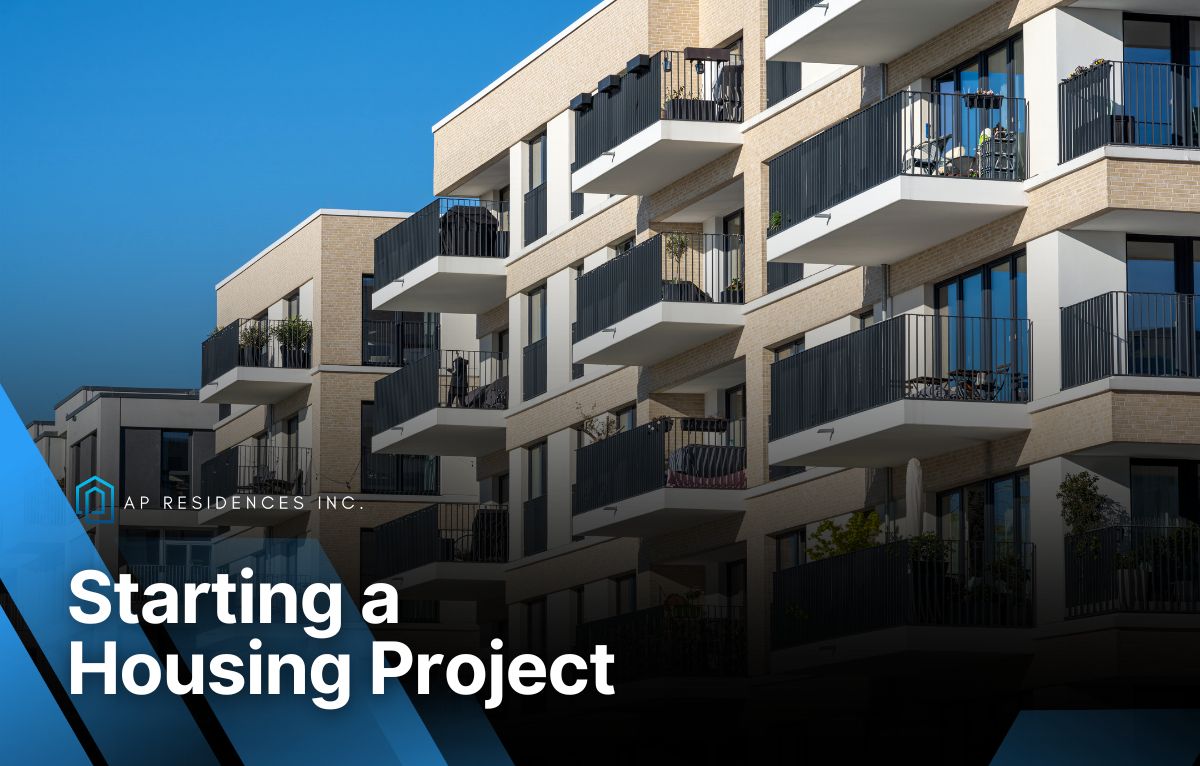Starting a housing project is more than just building a house; it is a long-term commitment that necessitates strategic preparation, financial preparedness, and knowledge of current market conditions.
With 2024 bringing new prospects in the real estate and construction industries, now may be the best time to start.
Industry analysis indicates that building expenses have leveled down and that, despite fluctuations in financing rates, they remain favorable relative to past years.
Furthermore, current building advances and sustainable construction practices have made designing energy-efficient and low-cost dwellings easier.
Market analysts also point out that commencing a house project now might give long-term financial rewards, as property values in desirable locations continue to increase.
However, a booming housing project is more than timely; it is about making informed decisions at every stage.
Every aspect is essential, from selecting the best location and employing skilled specialists to obtaining permissions and selecting high-quality materials.
Before constructing the foundation, providing yourself with the necessary knowledge to avoid costly mistakes and ensure a smooth construction process is critical.
We have assembled a thorough guide on the ten things you must know before beginning a house renovation to assist you in negotiating this fascinating road.
Whether you’re building a dream house, an investment property, or a modest residential development, these tips will help you make informed, strategic decisions for a successful project.

Find Your Dream Home with AP Residences
1. Define Your Goals and Purpose
Ask yourself first what you want to get out of your house renovation. Are you constructing a personal home, a rental property, or a multi-unit development?
Clearly stating your objectives will direct your choices on site, style, and budget.
For example, if you’re building a rental property, you must evaluate tenant demand, rental yield, and maintenance expenses.
Should it be a family house, your priorities should be comfort, utility, and future expansion possibilities.
2. Set a Realistic Budget (And Stick to It!)
Budget management is one of the most challenging aspects of any housing project.
Breaking out expenses including land acquisition; architectural and engineering fees, building permits and legal requirements, construction materials and labor, interior finishes and landscaping, and a contingency fund for unanticipated expenses quickly adds up.
Pro Tip: Always set aside at least 10-20% of your budget to cover unforeseen expenses. Running out of money midway through the project is less preferable than overestimating.
3. Choose the Right Location for Your Housing Project
The site of your house project could either increase or decrease its long-term worth. Consider proximity to markets, hospitals, schools, and transit hubs; also consider safety, neighborhood reputation, and future development plans—the possibility of gradual property increase.
If you are purchasing a rental property, pick a site with excellent tenant demand. If it is for personal use, consider convenience and lifestyle choices.
4. Understand the Legal and Permit Requirements
Before construction can begin, all housing projects must follow local zoning regulations, building codes, and permission procedures.
Ignorance of the required documentation could cause legal problems, fines, or even demolition orders.
- Make sure you have title clearance to remain compliant and guarantee that the land is lawfully yours.
- Environmental clearing and building permits
- Worker and contractor permits (should these be needed in your region)
To avoid future problems, consult a legal professional or your local housing authority.
5. Hire a Reliable and Experienced Team
Your house project is only as good as the builders working on it.
- Work with licensed and experienced experts, including engineers and architects, to ensure your house satisfies safety criteria and is structurally sound.
- Contractors and builders should pick a recognized team with excellent workmanship. Interior designers can help maximize your area if you want a modern and practical house.
- Before assembling your team, always review references, past projects, and customer comments.
6. Plan Your House Design with Functionality in Mind
The layout and design of your house should capture your lifestyle and long-term requirements. Think about these critical components:
- Count of bathrooms and bedrooms; will your family expand going forward?
- Improve energy efficiency with solar panels, insulated walls, and LED lighting.
- Use sustainable materials like bamboo, reclaimed wood, and eco-friendly paints to enhance your project.
If you intend to resell in the future, use a classic, helpful style that appeals to possible consumers.
7. Set a Realistic Timeline
A housing project does not happen overnight. Typical construction timelines include site preparation and permits (1-3 months), foundation and structure building (4-6 months), and interior work and finishing touches (3-5 months).
Be prepared for weather-related delays, supplier constraints, and labor concerns. See your contractor often to make sure everything stays on schedule.
8. Invest in High-Quality Materials
Using low-priced materials may save you money initially but may cost you more in repairs and maintenance later on.
- Invest in durable building materials: premium lumber, steel, and concrete endure more.
- Weather-resistant roofing helps prevent leaks and structural damage. Secure windows and doors will improve energy economy and safety.
Superior materials mean a longer-lasting, safer house!
9. Consider Infrastructure and Utilities
A magnificent house is more than just walls and a roof; it requires necessary services to be livable.
- Before finalizing any house project, ensure adequate water supply and drainage to avoid flooding and shortages.
- Properly install appliances and lighting.
- Internet and phone connectivity are essential for modern living.
Planning these components before construction begins helps to prevent later, expensive retrofits.
10. Plan for the Future
See beyond today; your house should complement your long-term objectives. Think about:
- Possibility of growth – Could you later build extra floors or rooms?
- Outdoor space: Could a carport, patio, or garden fit here?
- Resale and rental value: Should you ever want to rent or sell, will it draw buyers?
A well-planned housing project is more than just a house; it is a wise investment for the future.
Starting a house project is an interesting but challenging road that requires careful planning, financial readiness, and wise decision-making.
With 2024 bringing new real estate prospects, now is the time to act—as long as you have a well-thought-out strategy.
Every stage, from finding the correct site and creating a reasonable budget to obtaining licenses and appointing seasoned experts, is vital for the success of your build.
Investing in premium materials, thinking through long-term value, and being ready for unanticipated problems will help to guarantee a more seamless, reasonably priced building process.
Whether you’re building your dream home or an investment property, the key to a booming housing project is making informed decisions and collaborating with the right professionals.
Instead of rushing the process, plan sensibly, build wisely, and design a home that will last a lifetime.





